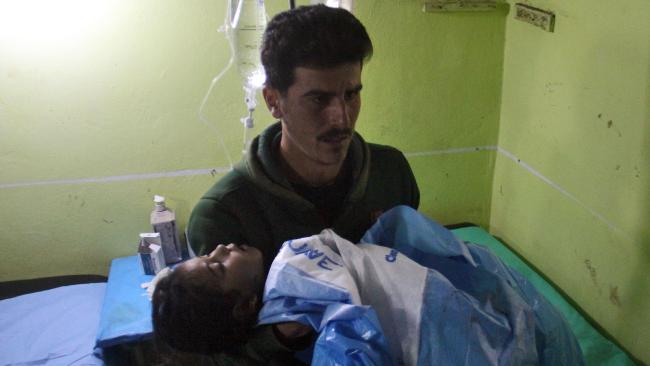For the majority of people now living, there is no personal or immediate family connection to the World War II era.
If people today ever think about the war years or about the dreadful genocide of the Jewish and Roma peoples that was perpetrated under the cover of war, it is so divorced from their own personal experiences that it is utterly beyond their range of comprehension.
Herein lies a dilemma. There have been no events that are truly comparable to the genocide perpetrated by the Nazis — the calculated, industrial-scale attempt to eradicate an entire people as an end in itself. Yet we also want the world to remember, understand, and to draw the appropriate lessons from that time, so that we can keep alive at least the possibility that human society will avoid repeating the worst mistakes of the past, and perhaps even evolve into something better.
The need for memory and understanding was highlighted this week by yet another appalling incident in the dismal six-year-long civil war in Syria. During a Syrian government air strike in Khan Sheikhoun in Idlib province on April 4, a combination of outlawed toxic gases, including the nerve agent Sarin, is believed to have been released, killing at least 72 people, including 20 children, and wounding 200 others. It was reported that further government air strikes hit a hospital treating the injured.
Read the full article by Peter Wertheim at The Daily Telegraph.

